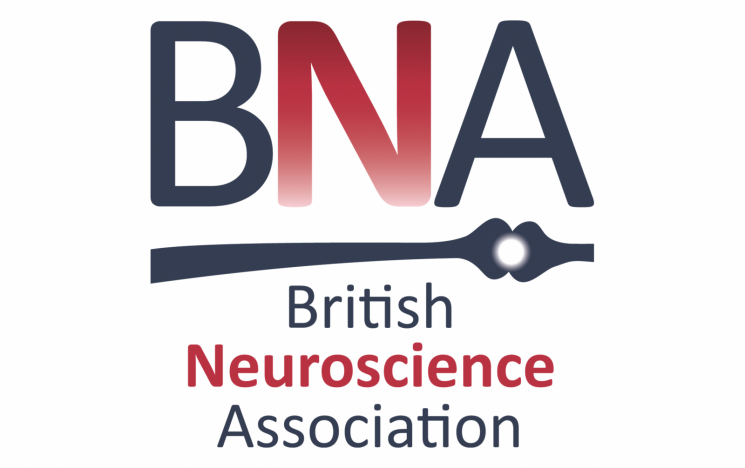Public Engagement
Sussex Neuroscience public engagement activities
We use some essential cookies to make this website work.
We'd like to set additional cookies to understand how you use our site so we can improve it for everyone. Also, we'd like to serve you some cookies set by other services to show you relevant content.
View our privacy policy.
Sussex Neuroscience public engagement activities

Local contacts and activities

News from the Open Research Technologies Hub
By: Jessica Gowers
Last updated: Thursday, 7 March 2024

Dr Sylvia Schröder
Dr Sylvia Schröder, a Neuroscientist in the School of Life Sciences, has been awarded a 2025 Prize Lecture from The Physiological Society.
Dr Schröder, a Sir Henry Dale Research Fellow Group Leader in Neuroscience, secured the R. Jean Banister Prize Lecture. This lecture series is awarded to early career physiologists and is delivered in two locations across the UK and online.
Dr Schröder’s research focuses on the field of visual system neuroscience. Using techniques like two-photon imaging and high-density electrophysiology, Dr Schröder’s lab investigates how behaviour and internal states affect visual processing and animal performance in visually dependent tasks.
Dr Schröder said: “I'm truly honoured to be one of the Prize Lecture recipients and I'd like to thank the many colleagues and friends who have supported me, especially my previous supervisors Profs Peter König, Kevan Martin, Matteo Carandini and Kenneth D Harris. They taught me scientific rigor, the joy of discovery, and the importance of teamwork.”
Professor of Neuroscience and Deputy Head of the School of Life Sciences for Research, Miguel Maravall, said: “We would like to congratulate Sylvia for this well-deserved award. Her work has applied some spectacular technical advances to timely questions, and is producing new insights into how the state of an animal – being awake, aroused or receiving rewards – affects how it senses the world. We are thrilled to see this work developing at Sussex.”
As a postdoctoral researcher, Dr Schröder pioneered functional recording from single retinal axons in awake mice and discovered that visual responses in early stages of processing like the retina and superior colliculus reflect behavioural state variables such as arousal and locomotion.
More recently in the School of Life Sciences, Dr Schröder’s lab demonstrated that neurons in the visual colliculus also respond to rewards. It was previously believed that behavioural modulation of visual responses only occurred deep in the nervous system; Dr Schröder’s work fundamentally changes our understanding in that it demonstrates an intricate weaving together of sensory and non-sensory information, much earlier in the visual pathway. This opens exciting new questions concerning how non-sensory information is communicated across the brain to regulate sensation.
The Physiological Society is the largest network of physiologists in Europe and brings together over 4000 scientists from over 60 countries. Every year the Society awards a number of prize lectures in recognition of outstanding contributions to physiology.
R Jean Banister was a physiologist and Tutorial Fellow at Somerville College, Oxford. She first went to the Royal Academy of Music but later switched to medical science. She focused on the vascular system in the lungs. She directed an active laboratory and advocated hands-on teaching.
She was also a tireless promoter of women’s education. On retirement she went to lecture in Saudi Arabia to inspire women medical students in a part of the world where the education of women in medicine needed such support.
For more information about the Physiological Society Award Lectures, visit the website.